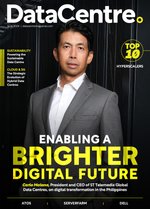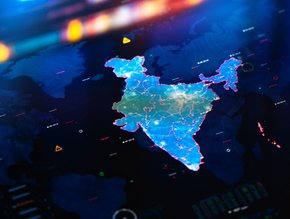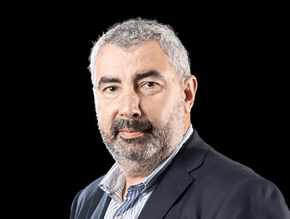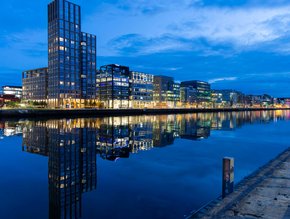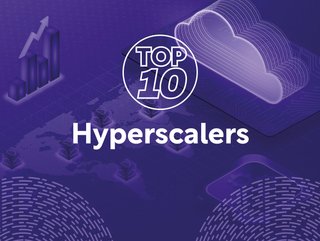
Data use is exploding, causing data centre companies to face increasing levels of pressure from customers to meet increased demand. With that, comes hyperscalers.
Hyperscale data centres are larger facilities built by companies with immense data processing and storage needs. These firms either make their income directly from the applications or websites its equipment supports, or sell technology management services to third parties.
They are also cloud service providers that work to consult, design, develop, build and manage software, data and applications provided by one or numerous hyperscalers.
With this in mind, we consider some of the leading hyperscalers worldwide.
10. Oracle
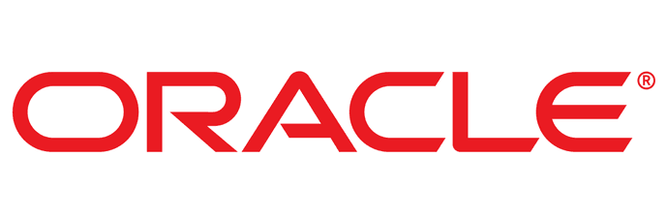
Oracle has built a large network of data centres to support its cloud computing services, focusing on energy efficiency and sustainability. This includes exploring new technologies such as AI and machine learning to optimise its data centre operations. The company is also planning to build new data centres in the US, which will be powered by renewable energy sources.
In December 2023, Oracle became the first hyperscaler to hold two cloud regions in Chile, aiming to help organisations across all industries strengthen business continuity.
Headquarters: Austin, Texas
Employees: 164,000
CEO: Safra Catz
Founded: 1977
9. Tencent

One of the largest multimedia companies in the world, Tencent has built a large network of data centres to support its services. Its main focuses are on scalability, reliability and security. Tencent Cloud International is expanding its global footprint, with 70 availability zones and 26 regions already in operation.
The company is committed to using renewable energy sources to power its data centres. It plans to build new data centres in China, which will also be run with renewable energy.
Headquarters: Shenzhen, China
Employees: 108,440
CEO: Ma Huateng
Founded: 1998
8. Huawei
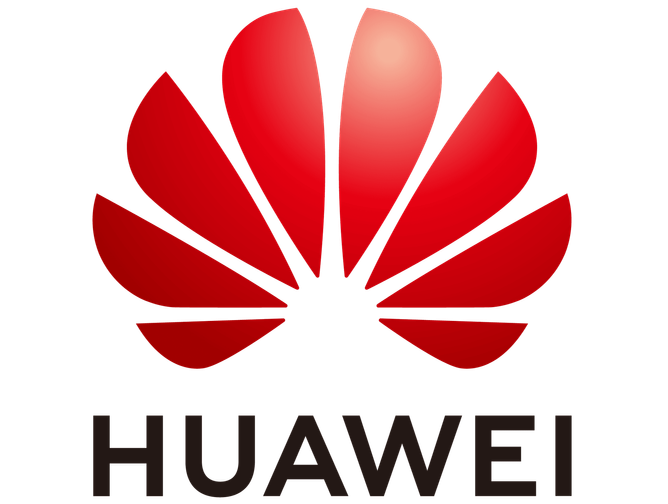
Huawei is a major player in the telecommunications and cloud computing markets and has built a large network of data centres to support its services, with energy efficiency and sustainability as its priorities.
The company has been working towards utilising prefabricated modular building technology for several years already, in order to build large data centre facilities at a faster pace. In Malaysia, Huawei partnered with Centexs and GreenBay CES to launch a hyperscale green data centre testbed and training programme.
Headquarters: Shenzhen, China
Employees: 207,000
CEO: Ren Zhengfei
Founded: 1987
7. IBM
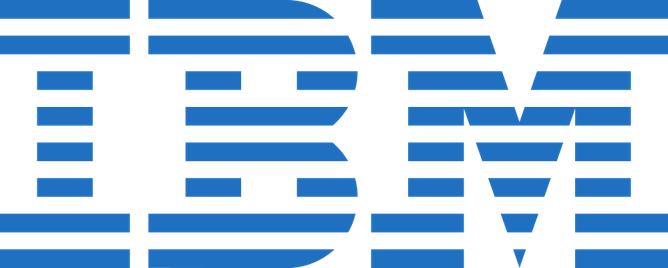
In addition to its technology breakthroughs in AI and quantum computing, IBM is a hyperscaler that boasts an evolving partner and product ecosystem for multi-cloud capabilities. Its data centre services are designed to help businesses enhance their digital transformation strategies and become more resilient.
The company has also continually worked to enhance data resilience and sustainability for hyperscalers. Its IBM Diamondback Tape Library offers protection against cybersecurity threats and helps to minimise data centre floorspace and an organisation’s carbon footprint.
Headquarters: New York, US
Employees: 288,300
CEO: Arvind Krishna
Founded: 1911
6. Alibaba

As a public hyperscaler, Alibaba Cloud provides a comprehensive suite of cloud services to businesses and organisations worldwide. Already a major player in the e-commerce and cloud computing markets in China, the company has built a large network of data centres to support its services.
One of the main features that Alibaba Cloud offers is hybrid and edge computing, which makes it adaptable to various types of businesses. As of 2023, the company operates 89 data centres across 30 regions.
Headquarters: Hangzhou, China
Employees: 235,216 (Alibaba Group)
CEO: Eddie Wu
Founded: 1999
5. Apple
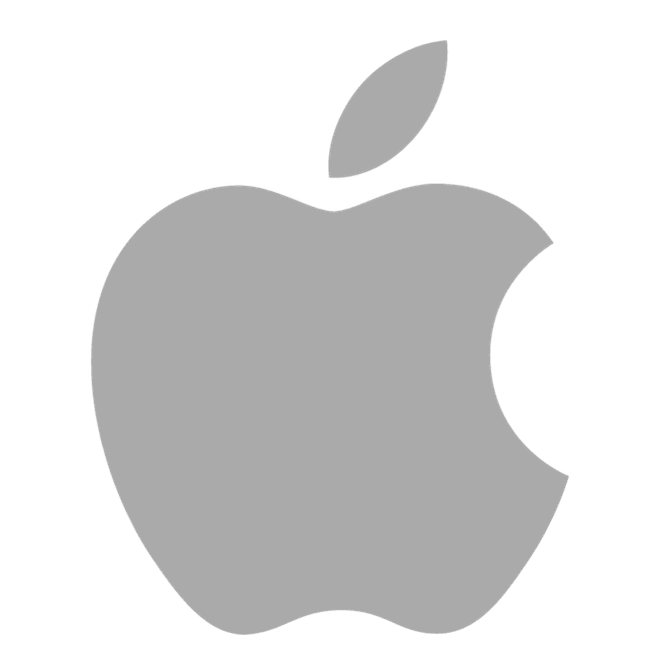
A leading player in the technology industry, Apple operates a large network of data centres to support its services such as iCloud, Apple TV+, iMessage and Siri. As a world leader, Apple currently serves one billion people with its cloud services.
The organisation operates eight hyperscale data centres across the US, Denmark and China, with more under construction in the US and Europe. In order to improve its energy efficiencies, Apple is also developing innovative cooling technologies for its facilities.
Headquarters: Cupertino, California
Employees: 161,000
CEO: Tim Cook
Founded: 1976
4. Meta

Having turned 20 in 2024, Meta’s data centres are a large part of its global infrastructure that aims to bring technologies and services to life around the world. In line with its sustainability strategy, Meta aims to become water positive across all operations by 2030.
Supported by 100% renewable energy, Meta’s data centre operations reached net zero emissions in 2020. It is now working towards implementing net zero across its entire value chain. The data centres will also support Meta’s AI ambitions.
Headquarters: Menlo Park, California
Employees: 67,317
CEO: Mark Zuckerberg
Founded: 2004
3. Google Cloud

As one of the largest hyperscalers worldwide, Google Cloud operates 39 cloud regions and 118 availability zones across the US, Europe and Asia-Pacific. The technology giant continues to expand its global data centre presence, seeking out numerous sites to develop interconnected data centres and support rising customer demand in an age of digital transformation.
In January 2024, the company announced a US$1bn investment into a new UK data centre to power Google’s digital services and support its AI innovations.
Headquarters: Mountain View, California
Employees: 182,502 (Alphabet)
CEO: Thomas Kurian
Founded: 2008
2. Microsoft Azure
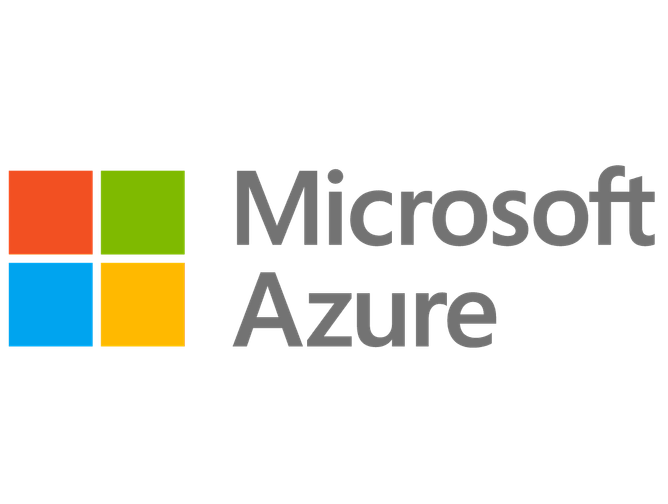
Microsoft Azure is the cloud computing services arm of Microsoft and is the second largest hyperscale cloud provider globally. Microsoft plans to invest billions into its data centres to support the growth of AI and expanded operations in the UK, Canada and Australia in 2023.
In line with these investments, Microsoft is aiming to improve upon its sustainability goals by ensuring its new data centres help meet the company’s sustainability goals of being carbon-negative, water-positive and zero waste by 2030.
The company has also undergone significant partnerships recently, having signed a 10 year strategic partnership with Vodafone to bring generative AI (Gen AI), digital services and the cloud to more than 300 million businesses and consumers across Europe and Africa.
Additionally, 2024 saw Microsoft partner with manufacturing company Caterpillar to test hydrogen fuel cells for data centre backup power solutions.
Headquarters: Redmond, Washington
Employees: 221,000 (Microsoft)
CEO: Satya Nadella
Founded: 1975
1. AWS

Having been named the leading data centre company in the world on the Top 250 Data Centre Companies in the World 2024 list, AWS continues to develop new and improved strategies to make its data centres and hyperscale facilities more sustainable.
Businesses worldwide continue to use AWS to lower operating costs and become more digitally agile, allowing them to innovate faster. AWS’ data centre infrastructure aims to help businesses build securely and create faster, aiming to establish greater trust. By working to protect a company’s critical infrastructure, AWS keeps positioning itself as an industry leader.
AWS is also planning to invest US$10bn for two data centres in Mississippi, marking the largest capital investment in the state’s history. The company is aiming to build two data centre complexes in the US state, amid growing demand for cloud services as more firms adopt new AI technologies.
Headquarters: Seattle, Washington
Employees: 136,000
CEO: Adam Selipsky
Founded: 2006
******
Make sure you check out the latest edition of Data Centre Magazine and also sign up to our global conference series - Tech & AI LIVE 2024
******
Data Centre Magazine is a BizClik brand

